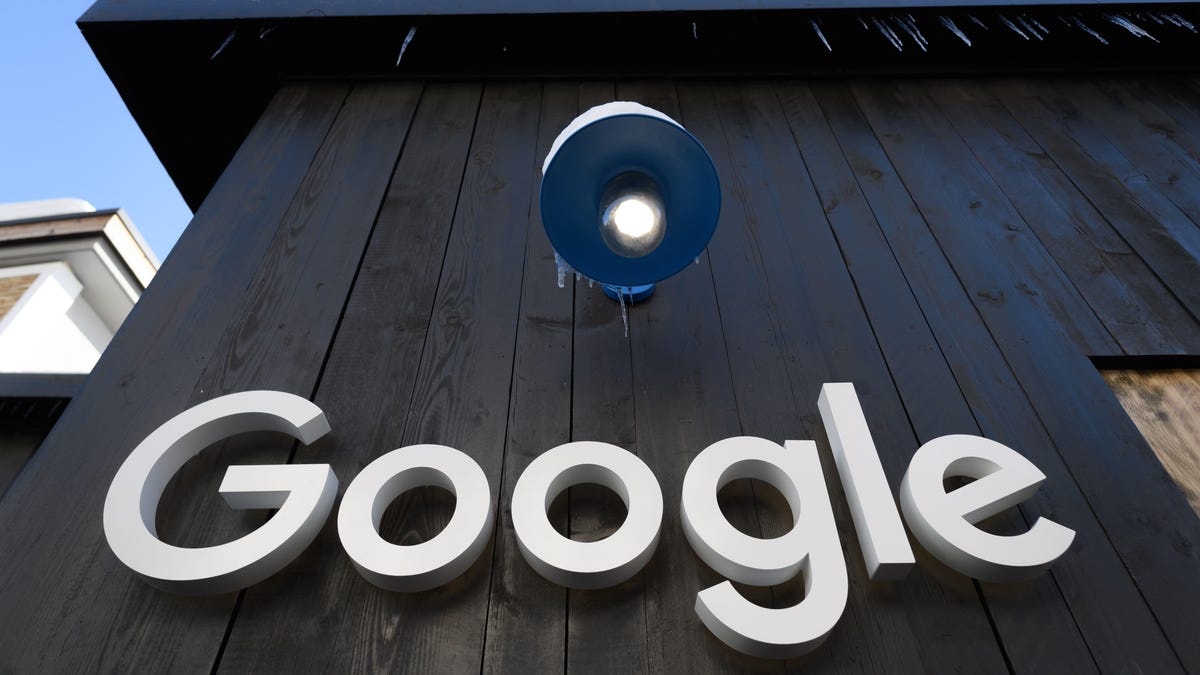Google now charges the government for user data requests, report says
The fees are meant to offset the costs of complying with legal demands for data.

Google is legally allowed to collect fees from government agencies.
Google is reportedly encountering an increasing number of government agency requests for user information. In response, the tech giant has put a price tag on complying with legal requests for data like emails, location tracking information and search queries, according to a Friday report from The New York Times. Starting this month, Google will reportedly charge $45 for a subpoena, $60 for a wiretap and $245 for a search warrant. The information was detailed in a notice sent to law enforcement and reviewed by the Times.
"Statutes like [the Electronic Communications Privacy Act] contemplate that communication service providers will seek reimbursement for their costs of complying with warrants and subpoenas," a Google spokesperson said Monday in an email to CNET. "We seek these types of reimbursements, but will waive costs in cases involving child safety and life-threatening emergencies."
Google is legally allowed to charge government agencies these fees, but many tech companies have reportedly forked over such data for free.
According to the Times' report, charges on such a large scale can be difficult to enforce, and could make it look like Google means to monetize legal searches. The report said that fees are supported by privacy experts because they deter excess surveillance.

